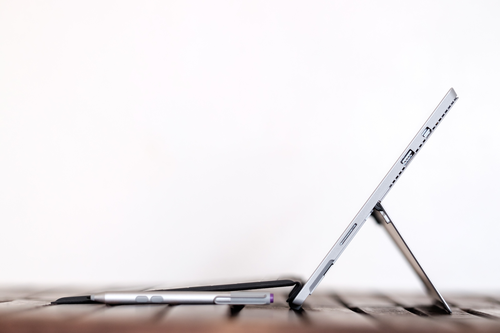
In a move that could increase or decrease charges for merchants, the company said it aims to better distinguish between personal and commercial payments on its system
The potential for increased revenue under the new approach comes as PayPal has sought in recent months to reduce costs by eliminating workers inside and outside the U.S.
Those belt-tightening efforts follow a slowdown in PayPal’s growth in the face of macroeconomic pressures, but also with the ebbing of the COVID-19 pandemic that led consumers to increase their digital purchases from home. The company has twice cut its growth goals for this year.
In the wake of that slowdown, the San Jose, California-based company shifted its business strategy earlier this year to reduce its emphasis on attracting new users and to boost its efforts to engage its existing customers.
In announcing the pricing shift this week, PayPal said in a blog post that the new approach would allow the company and its users to better distinguish between personal and merchant payments. “This update helps ensure that eligible purchases of Goods and Services will be protected for both parties and will drive consistency on our platform, while also removing confusion around which payments are eligible for buyer and seller protections,” the company said in the June 22 post. A PayPal spokesperson didn’t elaborate.
The company suggested that business account holders could use or create a personal PayPal account if they want to receive non-business-related payments without seller fees, while using their business account only for commercial payments.
The PayPal pricing tweak also comes as competition in the digital payments arena spirals upward. In a hint of the challenge that poses, RBC Capital Markets analyst Daniel Perlin provided this comment on the PayPal move to the bank’s investors: “We anticipate further competition and integration of payments & technology as payment companies, technology firms and fintechs look to create seamless payment ecosystems.”
By Lynne Marek on June 24, 2022
Original link
